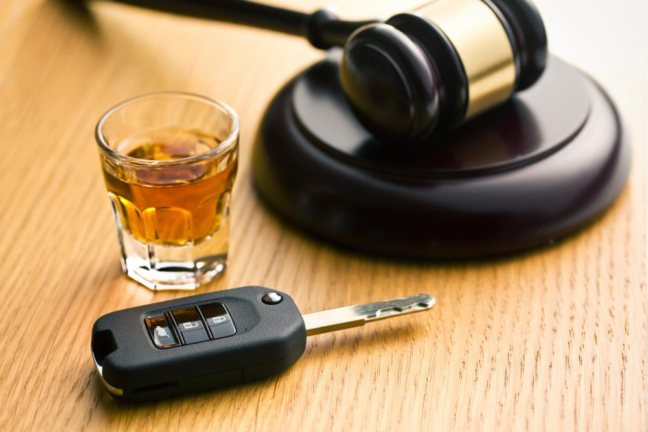Being pulled over by a police officer and charged with a DUI is certainly a stressful and humiliating experience. Individuals tend to panic on such occasions and feel helpless when dealing with the law enforcement official. Many feel that there isn’t much they can do protect themselves from unfair treatment. However, as a matter of fact, you do have certain rights that can be exercised when charged with a DUI.
More importantly, getting aggressive only antagonizes the officials, which can lead to additional charges. Hence, you should remain calm and be polite when exercising your rights.
Remaining Silent
The first step taken by a police officer after stopping you at a sobriety checkpoint is to ask you to show your vehicle registration and license. During this time, the officer may try to get you into a brief chit chat to try and smell the odor of alcohol from your breath or vehicle. While you are required to present identification documents and always be courteous, you may choose to remain silent by politely refusing to engage in the chit chat. The official should not take it as an offense or use it as an excuse for imposing any charges.
Refusing to Perform Sobriety Tests
The law enforcement official may ask you to step out of the vehicle to perform field sobriety tests on the spot. But usually, this isn’t done as a request. Most officers will deliberately make it sound as if you don’t have a choice. Don’t get intimidated by such commands as you do have the right to refuse any field sobriety test under Virginia Law. No law enforcement officer can legally force you to step out of the vehicle for tests, but again, you should be polite and courteous in your refusal.
Refusing to Perform a PBT
A preliminary breath test (PBT) is an additional test conducted using a handheld device to test your blood alcohol level at the scene. Most Virginia officers are equipped with this device, rely heavily on it, and use it on drivers who they suspect of driving under the influence. Like field sobriety tests, the PBT is voluntary, and you can choose to politely decline to take the test.
However, if you choose to provide a breath sample and a reading of 0.08 or more is recorded, you will unquestionably be arrested and charged a DUI.
Seeking Services of an Attorney
After being arrested, you may not be given a chance to talk to your DUI attorney for as long as eight hours. But you have the right to call your attorney as soon as you’re arrested and have your lawyer present during the interrogation. In addition, you can’t be tried and issued a jail sentence unless you’ve had an opportunity to have your attorney represent you in court.
Refusing to be Searched
A police officer must obtain your consent before searching you or your car. You should never agree to be searched if you’re under duress. Some people give up their right to refuse the search request believing that the officer would search them anyway. This doesn’t usually happen and even if an officer searches without obtaining your consent, there is a great possibility that he’ll throw away any evidence found because he was legally not permitted to search in you in the first place.
Closing Thoughts
In conclusion, make sure you’re aware of your rights in DUI arrests beforehand so that you’re able to exercise them when necessary. However, as mentioned earlier, always remain calm and polite when dealing with law enforcement officials.



